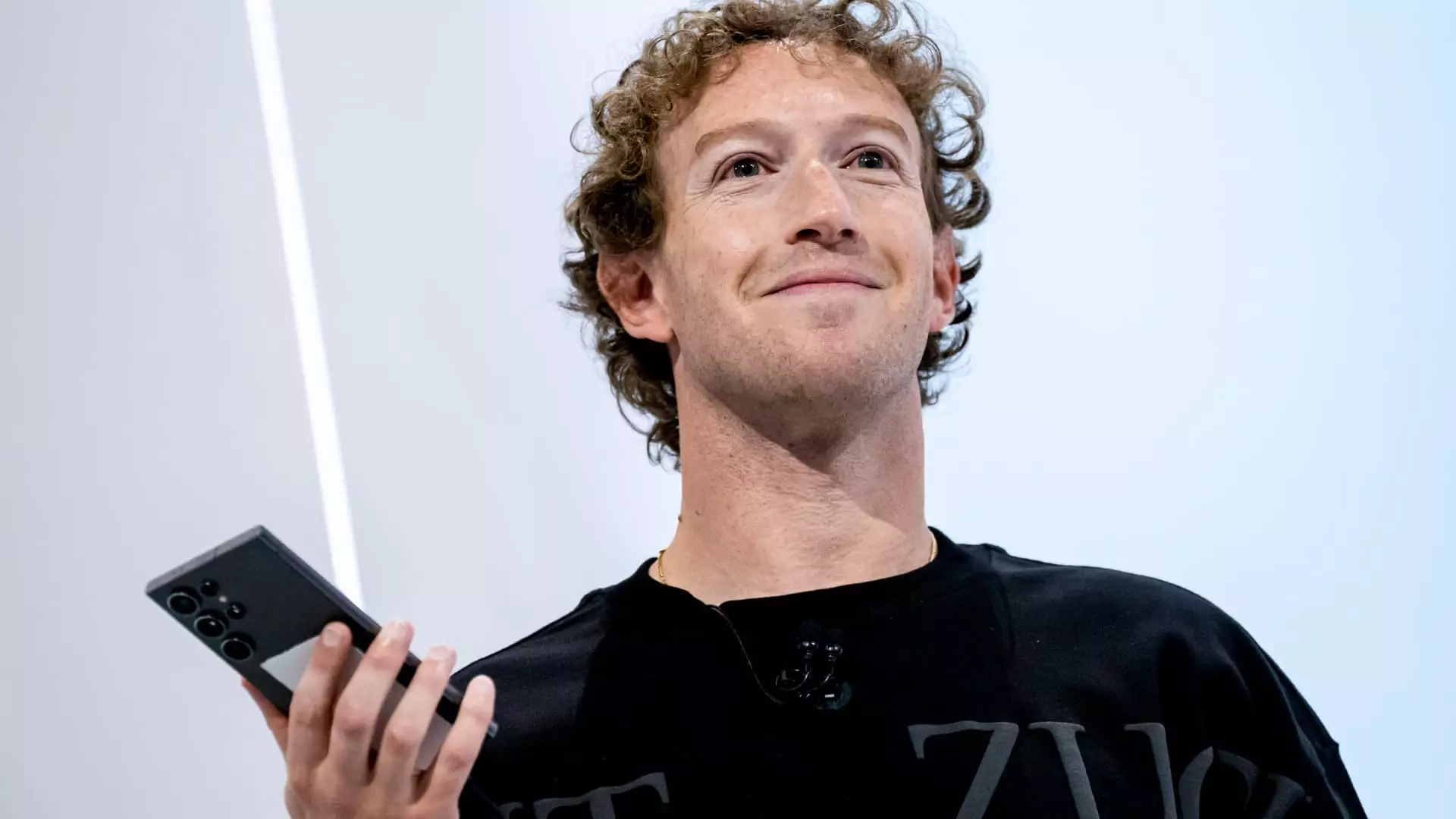In a recent episode of the “Joe Rogan Experience,” Meta CEO Mark Zuckerberg shared a candid critique of Apple, stirring conversation in the tech community. His remarks, which dissect Apple’s approach to innovation, revenue generation, and consumer interaction, underscore the ongoing rivalry between the two tech titans. This analysis aims to unpack Zuckerberg’s comments while exploring the broader implications for the tech industry.
Zuckerberg’s remarks echo a sentiment that has been brewing in the tech sector: a perceived stagnation in Apple’s innovation. While he acknowledged the monumental impact that the iPhone has had on global communication and connectivity, he criticized Apple for not advancing its platform in a meaningful way over the past two decades. Instead of groundbreaking innovations, he argues that Apple has relied on incremental improvements, leaving consumers feeling underwhelmed.
Zuckerberg’s assertion speaks to a broader observation within tech culture where companies, despite their foundational brilliance, may fall victim to a success plateau. The iPhone has undoubtedly revolutionized mobile technology, but reliance on an iconic product without substantial updates can lead to consumer fatigue and a questioning of value. Zuckerberg’s critique raises the question: Has Apple become too comfortable, resting on its past achievements instead of venturing into new frontiers?
One of Zuckerberg’s key points revolved around Apple’s revenue strategy, which, he argues, relies heavily on extracting monetization from their ecosystem rather than creating outstanding new products. He pointed out that while iPhone sales may be stagnating due to minimal upgrades, Apple compensates by imposing what he describes as a “30% tax” on app developers and consumers through additional hardware purchases.
This commentary highlights a significant shift in the way tech companies function within the digital economy. As Apple continues to enhance its control over its app ecosystem, it risks alienating developers who feel cornered by the costs to stay within Apple’s walled garden. Ultimately, Zuckerberg’s critique implies that loyalty may fade if developers and users perceive that they are being financially exploited rather than supported in their innovations.
Security vs. Innovation: The Dual-Edged Sword
Another critical aspect of Zuckerberg’s commentary involved Apple’s justification for its stringent guidelines in the name of consumer privacy and security. He argues that Apple’s protocols could be reimagined and improved upon through better technical features, suggesting that current claims of security are more indicative of the company’s reluctance to allow external connection than true consumer protection.
This intersection of security and innovation presents a complex dichotomy in tech. As companies like Apple build robust ecosystems with an emphasis on privacy, they simultaneously create barriers that limit developer creativity and innovation. Zuckerberg’s perspective raises crucial questions about the balance tech companies must achieve: How do they foster a safe environment without stifling the very innovation that can enhance user experiences?
Zuckerberg’s comments didn’t shy away from discussing Apple’s latest product, the Vision Pro headset, which has been met with lukewarm reception in the market. By comparing it to Meta’s own headsets, Zuckerberg insinuates that while the Vision Pro took bold risks, it may have faltered in execution. This comparison not only highlights the competitive landscape but also underscores the inherent challenges of pioneering new technologies.
Success in tech often requires iterative improvement rather than isolated versions of a product. Zuckerberg’s endorsement of the Vision Pro’s potential for future iterations underscores a universally acknowledged truth in global tech development: innovation is a process, and the initial launch may not always be indicative of a product’s final impact.
The Bigger Picture: Insights for the Tech Community
Ultimately, Zuckerberg’s critique serves as a reminder to the tech community about the importance of relentless innovation and adaptability. In a landscape that evolves rapidly, companies must strive to balance respect for consumer trust with the need for continuous evolution. While Apple’s contributions to tech have undeniably shaped the world, its future relevance hinges on a return to the pioneering spirit that brought it to its peak.
In closing, Mark Zuckerberg’s dismissal of Apple’s current strategy highlights significant conversations about competition, innovation, and consumer trust. As the tech landscape continues to evolve, so too must the strategies employed by these industry-leading giants. The future will belong to those willing to take risks, embrace change, and redefine the boundaries of what technology can achieve in our lives.

